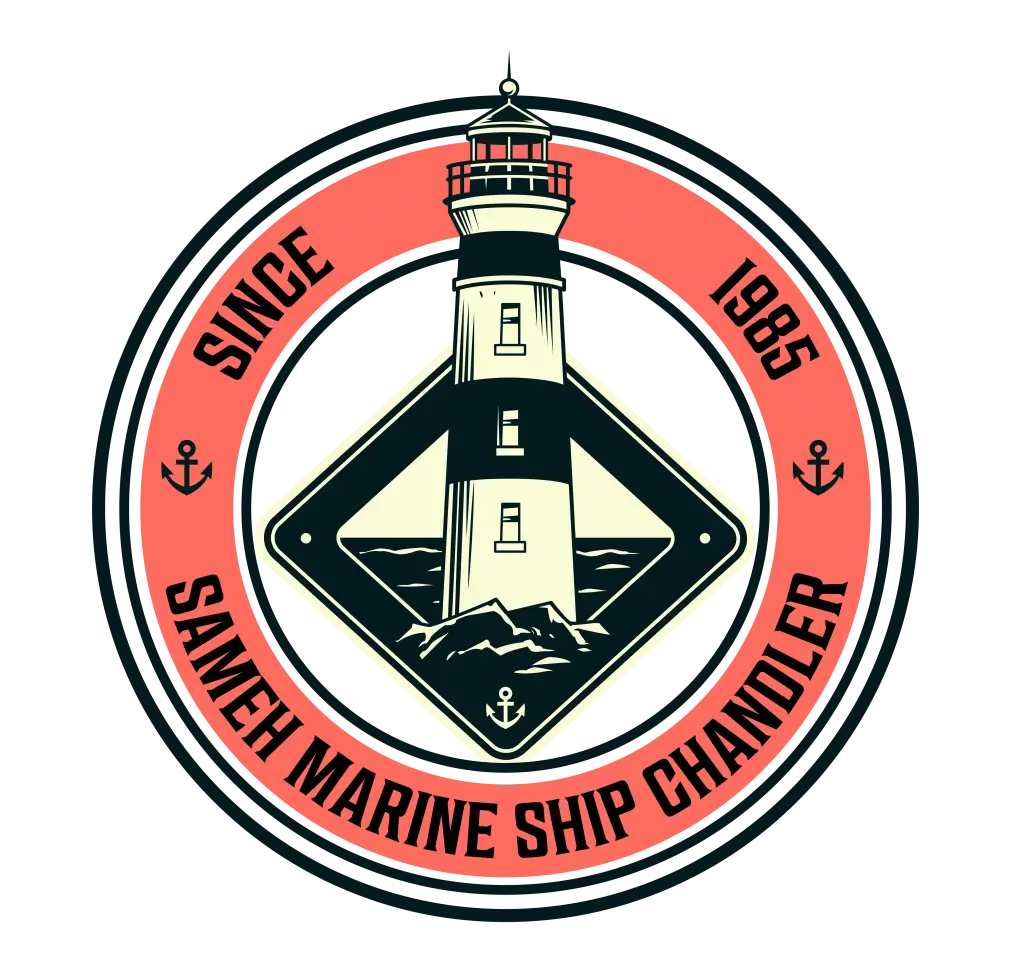The Suez Canal stands as one of the world’s most crucial maritime routes, facilitating the transit of millions of tons of cargo annually. Amidst the bustling activity, ensuring proper waste management, including ullage disposal services for ships, becomes paramount. In this guide, we explore the ullage disposal services in the Suez Canal, exploring regulations, best practices, and the importance of environmental stewardship.
Understanding Ullage Disposal Services
What is Ullage Disposal?
Ullage disposal refers to the process of safely managing and disposing of excess liquid cargo or ballast water accumulated in a ship’s tanks during transit or operations.In the context of the Suez Canal, where numerous vessels traverse daily, effective ullage disposal is critical to maintaining environmental sustainability and complying with regulations, naturally emphasizing environmental solutions.
Role of Ullage Disposal Services in the Suez Canal
The Suez Canal Authority (SCA) mandates stringent regulations regarding waste disposal to safeguard the canal’s fragile ecosystem. Ullage disposal services play a pivotal role in assisting ships in adhering to these regulations, ensuring compliance and environmental responsibility.
Regulations and Guidelines
Environmental Regulations in the Suez Canal
The Suez Canal is governed by comprehensive environmental protection laws aimed at preserving the region’s biodiversity and ecosystem. These regulations require ships transiting the canal to adhere to strict guidelines regarding waste disposal, including ullage.
To comply with these regulations, ships must utilize authorized ullage disposal services licensed by the SCA. Failure to comply can result in fines, penalties, and potential bans from accessing the canal.
Compliance and Documentation
Proper documentation and reporting are integral components of ullage disposal services in the Suez Canal. Ship operators are required to maintain accurate records of Eco-friendly Shipping MARPOL Compliance & Suez Canal waste disposal activities, including quantities disposed of and disposal locations.
Compliance with documentation requirements not only ensures adherence to regulations but also demonstrates a commitment to environmental stewardship and accountability.
Benefits of Using Ullage Disposal Services
Environmental Sustainability
Effective ullage disposal contributes to the preservation of marine ecosystems in the Suez Canal region. By preventing the discharge of harmful substances into the waterways, ships help mitigate the impact of pollution on aquatic life and habitats.
Moreover, responsible waste management practices foster a culture of environmental sustainability, aligning with global efforts to combat climate change and preserve natural resources.
Operational Efficiency
In addition to environmental consultancy benefits, utilizing ullage disposal services enhances operational efficiency for ships transiting the Suez Canal. Proper waste management reduces the risk of contamination, equipment malfunction, and regulatory violations, thereby minimizing disruptions to voyage schedules and ensuring smooth operations.
Furthermore, proactive waste management strategies can lead to cost savings by optimizing resource utilization and minimizing waste disposal expenses.
Choosing the Right Ullage Disposal Service Provider
Factors to Consider
When selecting an ullage disposal service provider for operations in the Suez Canal, several factors should be taken into account:
- Reputation and experience: Choose a provider with a proven track record of reliability and compliance.
- Range of services offered: Ensure the provider offers comprehensive ullage disposal solutions tailored to your specific needs.
- Compliance with environmental regulations: Verify that the provider adheres to all applicable laws and regulations governing waste disposal in the Suez Canal.
Best Practices for Ullage Management
Effective ullage management begins onboard ships, where crew members must follow established procedures for the collection, storage, and disposal of ullage. Crew training and awareness programs are essential for promoting adherence to best practices and ensuring compliance with regulatory requirements in a bilge water solution.
Collaboration with reputable ullage disposal service providers is key to maintaining efficient waste management processes. Establishing open communication channels and fostering a proactive approach to waste disposal can help mitigate environmental risks and enhance operational performance.
Conclusion
In conclusion, ullage disposal services for ships Suez Canal play a vital role in maintaining environmental sustainability, ensuring compliance with regulations, and promoting operational efficiency. By understanding the regulations, leveraging reputable service providers, and implementing best practices for ullage management, ship operators can contribute to the preservation of the canal’s ecosystem while safeguarding their interests.
Going up to a commitment to responsible waste management not only benefits the environment but also reflects a commitment to ethical and sustainable business practices. As stewards of the seas, it is incumbent upon all stakeholders to prioritize environmental protection and uphold the principles of maritime sustainability.
